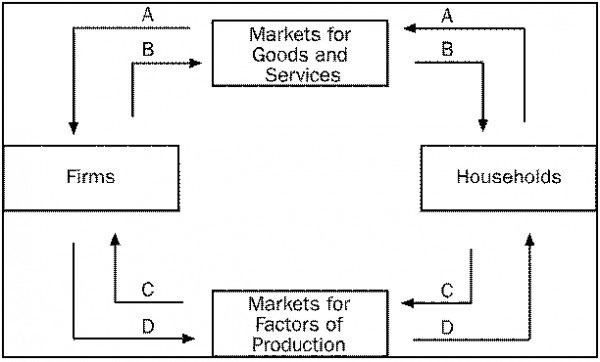What is the relationship between rent-seeking expenditures and monopoly?
What will be an ideal response?
Monopolies have the potential to earn economic profits in the long run. Given this potential, firms with monopoly aspirations will go to great lengths to obtain or to protect a monopoly position. This effort may involve lobbying government officials, incurring substantial court costs in legal disputes, or public advertising to enhance the image of the firm. Thus monopolies engage in “rent-seeking” behavior in an effort to transfer income or wealth (economic profits) to the firm at the expense of society or other parties (other firms and consumers). These rent-seeking expenditures only add to the cost of production for the monopolist and do not increase output.
You might also like to view...
Define a partnership
What will be an ideal response?
What creates an incentive for firms in a collusive agreement to cheat and increase output?
What will be an ideal response?
Refer to Figure 2-1. Which arrow represents the flow of goods and services?

a. A
b. B
c. C
d. D
The bid-ask spread:
a. Shows the relative value of two currencies. b. Shows the relative value of three or more currencies. c. Is determined by the government. d. Is usually zero due to efficient markets. e. Represents the profit margin of the financial institution.